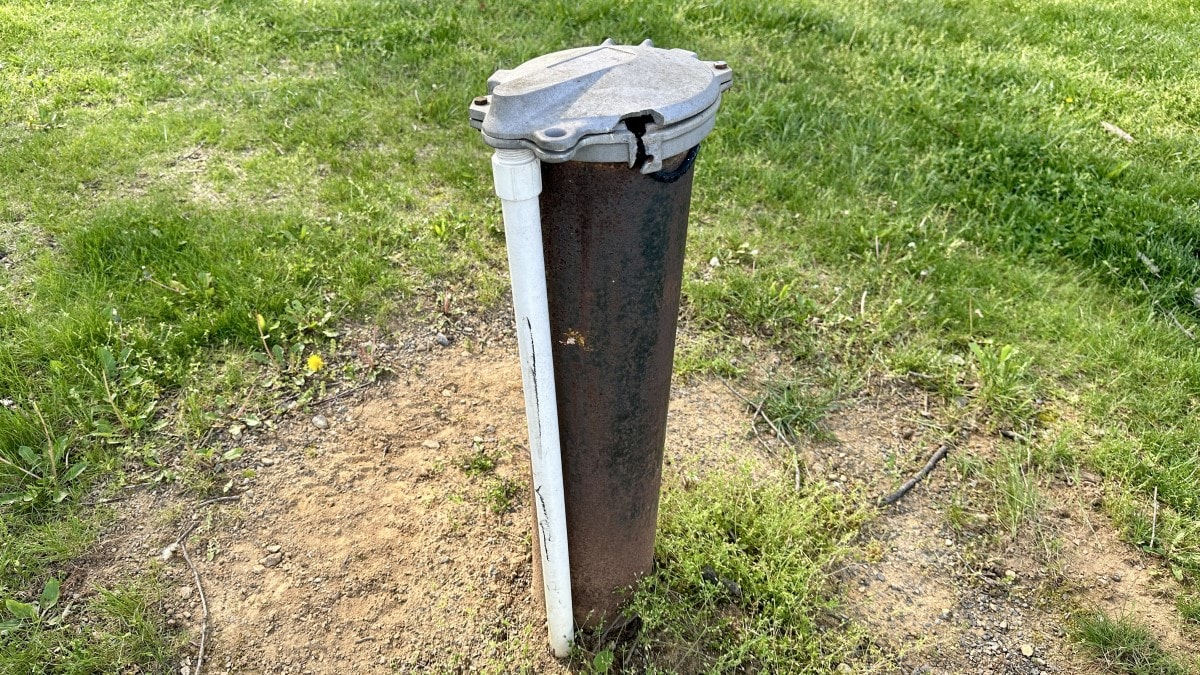At a glance
Much of the water we use comes from the ground. Learn more about the importance of groundwater, the threats to its safety, and how to protect it during Groundwater Awareness Week.
The second week of March each year
Mar 8-14, 2026
Description
Groundwater Awareness Week is the second week of March each year. It is sponsored by the National Ground Water Association to highlight the responsible development, management, and use of groundwater. Groundwater Awareness Week is also an annual reminder for well owners to test their water and maintain their system.
Why it's important
Much of the water we use in the United States comes from the ground. The U.S. Geologic Survey estimated that more than 1 in 3 people in the U.S. get their drinking water from the ground. The other main source of drinking water is surface water, such as lakes or rivers.
Groundwater is found below the earth's surface in spaces between rock and soil. We get groundwater through springs and by drilling wells and pumping it out. All private wells and many public water systems use groundwater as their water source.
Keeping groundwater safe
Some groundwater is safe to use without first treating it to remove germs and chemicals.
In other areas, groundwater may be contaminated with:
- Germs
- Naturally occurring chemicals (such as arsenic)
- Man-made chemicals (such as pesticides or mining waste)
Drinking contaminated groundwater can make you sick. That's why it's important to protect groundwater from harmful germs and chemicals and treat water if it is contaminated.
Protect groundwater by:
- Maintaining your septic system if you have one.
- Following the directions on products with harmful chemicals—such as lawn chemicals, pesticides, motor oil, and cleaners—and disposing of them properly.
- Disposing of expired and unwanted medications through drug take-back programs rather than flushing them down the toilet or drain.
Public water systems
Drinking water utilities must meet drinking water standards no matter what source their water comes from.
If you get your water from a public system, read the water quality report your utility must provide every year to see:
- If your tap water comes from groundwater, surface water, or a mix of both
- Levels of germs and chemicals in your water over the past year
- If your utility did not follow safe drinking water rules at any time in the past year
Private wells
If you get your tap water from a privately owned well, groundwater is your water source. Federal drinking water rules do not apply to private wells. This means it is your responsibility to make sure your water is safe to drink.
At least once each year:
- Test your well water for harmful germs and chemicals
- Check your well for mechanical problems and cleanliness
If you ever suspect a problem with your well or your tap water, test your water and check your well then too.
Your health department or a water well professional can help you with well maintenance, water quality testing, and new well construction.

